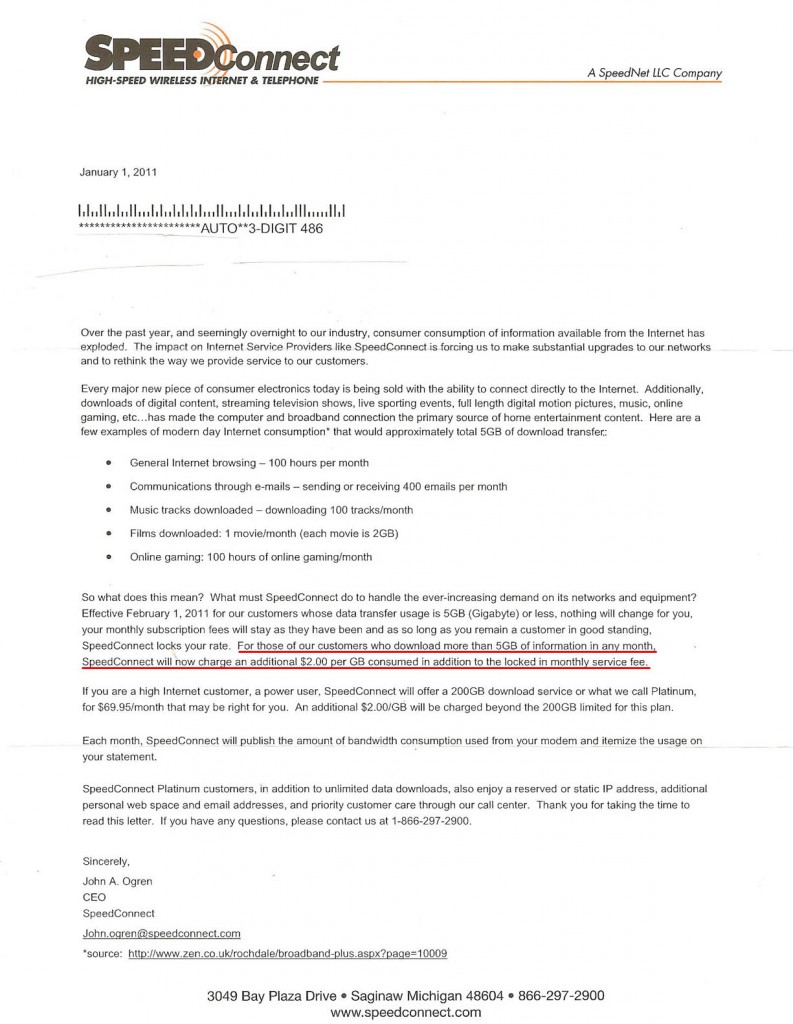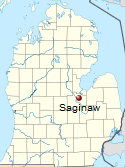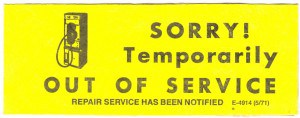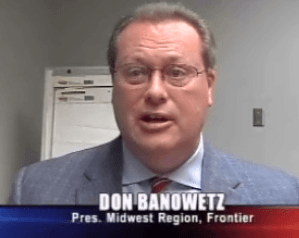
Copps
A Statement from FCC Commissioner Michael Copps: The Lone Dissenter in Today’s 4-1 Decision Approving the Merger of Comcast and NBC-Universal:
Comcast’s acquisition of NBC Universal is a transaction like no other that has come before this Commission—ever. It reaches into virtually every corner of our media and digital landscapes and will affect every citizen in the land. It is new media as well as old; it is news and information as well as sports and entertainment; it is distribution as well as content. And it confers too much power in one company’s hands.
For any transaction that comes before this Commission, our statutory obligation is to weigh the promised benefits against the potential harms so as to determine whether the public interest is being served. There are many potential harms attending this transaction—even the majority recognizes them. But all the majority’s efforts—diligent though they were—to ameliorate these harms cannot mask the truth that this Comcast-NBCU joint venture grievously fails the public interest. I searched in vain for the benefits. I could find little more than such touted gains as “the elimination of double marginalization.” Pardon me, but a deal of this size should be expected to yield more than the limited benefits cited. I understand that economies and efficiencies could accrue to the combined Comcast-NBCU venture, but look a little further into the decision and you will find that any such savings will not necessarily be passed on to consumers. When they tell you that at the outset, don’t look for lower cable or Internet access bills. As companies combine and consolidate, consumers have seen their cable bills out-strip the Consumer Price Index by orders of magnitude.
Many of the new commitments that have been added aim no higher than maintaining the status quo. The status quo is not serving the public interest.
 It is also claimed that the duration of the commitments made by Comcast-NBCU are longer than any that have been attached to previously-approved mergers. That may be true—but it is also true that power is patient and that big businesses can bide their time when they have to in order to reap the fullest harvest.
It is also claimed that the duration of the commitments made by Comcast-NBCU are longer than any that have been attached to previously-approved mergers. That may be true—but it is also true that power is patient and that big businesses can bide their time when they have to in order to reap the fullest harvest.
While approval of this transaction was from its announcement the steepest of climbs for me, given my long-standing opposition to the outrageous media consolidation this country has experienced over the past few decades, I did meet with stakeholders on all sides to make sure I understood their perspectives on the matter. And I worked to develop ideas to minimize the harms and to advance at least some positive public interest benefits. I know my colleagues worked assiduously on this proceeding, too.
Commissioner Clyburn, for example, worked successfully to achieve commitments from Comcast-NBCU to improve diversity, expand broadband deployment in unserved areas and increase broadband adoption by low-income households. The Chairman and his team, led by John Flynn, and many, many other members of the FCC team put more effort into this transaction than I have seen put into any transaction during my nearly ten years here at the Commission. I also salute the unprecedented cooperation between the agency and the Department of Justice.
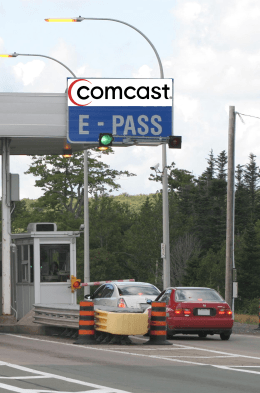
Comcast's Online Toll Plaza
But at the end of the day, the public interest requires more—much more—than it is receiving. The Comcast-NBCU joint venture opens the door to the cable-ization of the open Internet. The potential for walled gardens, toll booths, content prioritization, access fees to reach end users, and a stake in the heart of independent content production is now very real.
As for the future of America’s news and journalism, I see nothing in this deal to address the fundamental damage that has been inflicted by years of outrageous consolidation and newsroom cuts. Investigative journalism is not even a shell of its former self. All of this means it’s more difficult for citizens to hold the powerful accountable. It means thousands of stories go unwritten. It means we never hear about untold instances of business corruption, political graft and other chicanery; it also means we don’t hear enough about all the good things taking place in our country every day.
The slight tip of the hat that the applicants have made toward some very limited support of local media projects does not even begin to address the core of the problem. Given that this merger will make the joint venture a steward of the public’s airwaves as a broadcast licensee, I asked for a major commitment of its resources to beef up the news operation at NBC. That request was not taken seriously. Increasing the quantity of news by adding hours of programming is no substitute for improving the quality of news by devoting the necessary resources. Make no mistake: what is at stake here is the infrastructure for our national conversation—the very lifeblood of American democracy.
We should be moving in precisely the opposite direction of what this Commission approves today.
There are many other facets of the joint venture that trouble me. I worry, for example, about the future of our public broadcast stations. Comcast-NBCU has committed to carry the signals of any of those stations that agree to relinquish the spectrum they are presently using. Will public television no longer be available to over-the-air viewers? And, what happens when the duration of this commitment has run its course? Might the public station be dropped to make room for yet more infotainment programming? In too many communities, the public television station is the last locally owned and operated media outlet left. Public television is miles ahead of everyone else in making productive, public interest use of the digital multi-cast spectrum licensed to it.
 Why in the world would we gamble with its future?
Why in the world would we gamble with its future?
While the item before the Commission improves measurably on the program access, program carriage and online video provisions originally offered by the applicants, I believe loopholes remain that will allow Comcast-NBCU to unduly pressure both distributors, especially small cable companies, and content producers who sit across the table from the newly-consolidated company during high-stakes business negotiations for programming and carriage. Even when negotiations are successful between the companies, consumers can still expect to see high prices get passed along to them, as Comcast-NBCU remains free to bundle less popular programming with must-have marquee programming. Given the market power that Comcast-NBCU will have at the close of this deal over both programming content and the means of distribution, consumers should be rightfully worried.
In sum, this is simply too much, too big, too powerful, too lacking in benefits for American consumers and citizens. I have respect for the business acumen of the applicants, and have no doubts that they will strive to make Comcast-NBCU a financial success. But simply blessing business deals is not the FCC’s statutorily-mandated job. Our job is to determine whether the record here demonstrates that this new media giant will serve the public interest. While I welcome the improvements made to the original terms, at the end of the day this transaction is a huge boost for media industry (and digital industry) consolidation. It puts new media on a road traditional media should never have taken. It further erodes diversity, localism and competition—the three essential pillars of the public interest standard mandated by law. I would be true to neither the statute nor to everything I have fought for here at the Commission over the past decade if I did not dissent from what I consider to be a damaging and potentially dangerous deal.
 A wireless ISP (WISP) serving parts of Michigan and eastern Iowa has informed customers that due to their enthusiastic use of the Internet, the company was slapping a 5GB monthly usage limit on customers effective Feb. 1.
A wireless ISP (WISP) serving parts of Michigan and eastern Iowa has informed customers that due to their enthusiastic use of the Internet, the company was slapping a 5GB monthly usage limit on customers effective Feb. 1.

 Subscribe
Subscribe